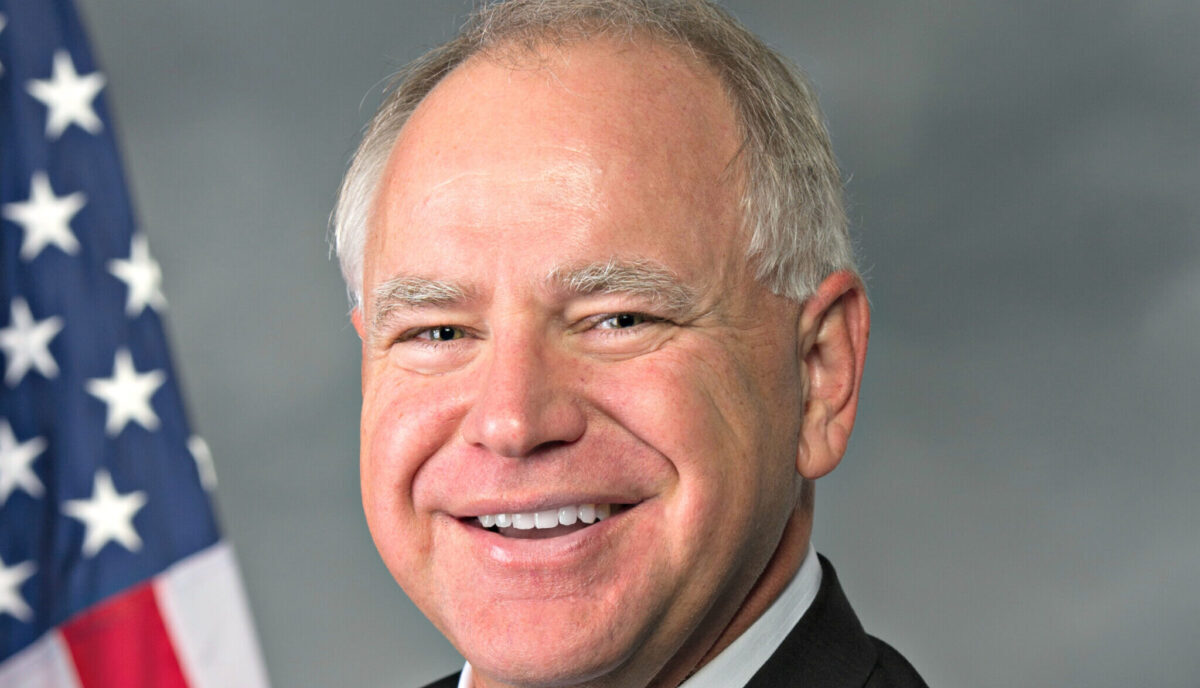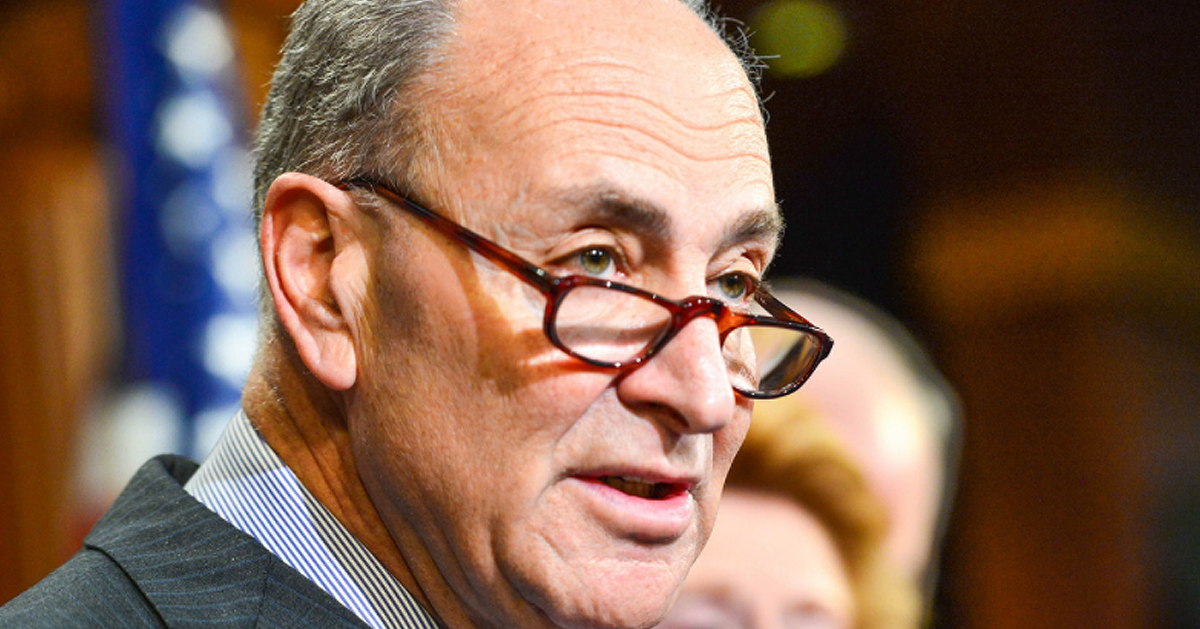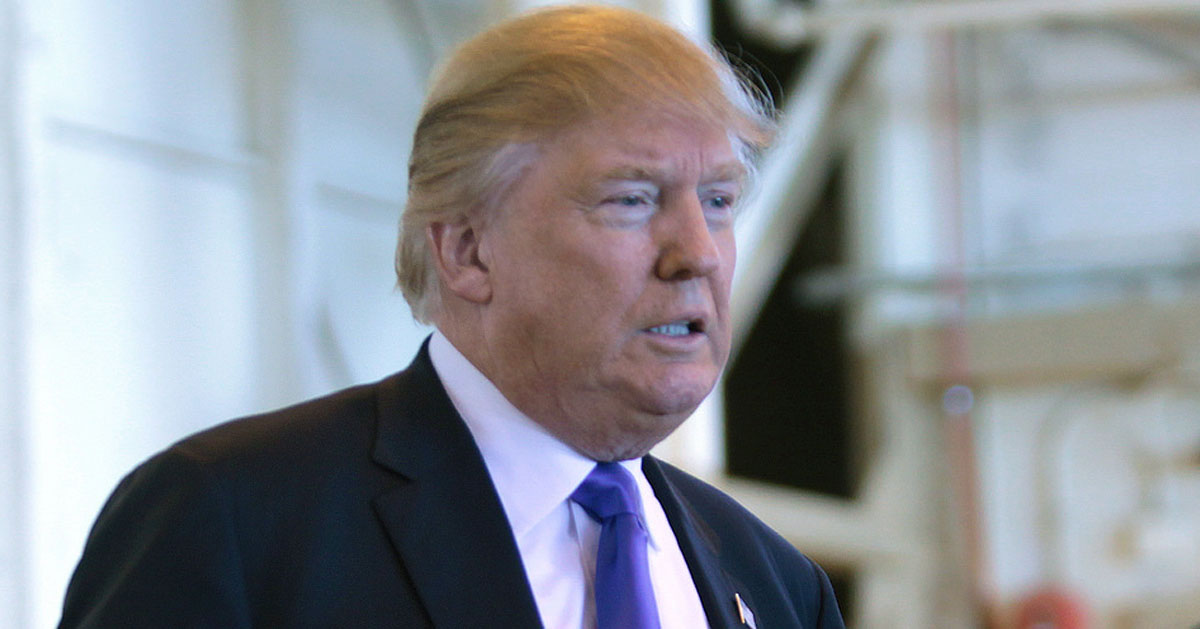Birthright citizenship debate goes to Supreme Court
This week, the U.S. Supreme Court will hear arguments about birthright citizenship, USA Today reports.
This comes after President Donald Trump made it clear that he wants to end birthright citizenship.
He did so in an executive order that he signed not long after entering the Oval Office.
The matter has ended up in the courts, and, now, the justices of the U.S. Supreme Court will get to have the final say on the issue - at least for now.
Background
Trump made his argument for ending birthright citizenship in the executive order, titled, "Protecting the meaning and value of American citizenship."
It, in part, reads:
But the Fourteenth Amendment has never been interpreted to extend citizenship universally to everyone born within the United States. The Fourteenth Amendment has always excluded from birthright citizenship persons who were born in the United States but not “subject to the jurisdiction thereof.” Consistent with this understanding, the Congress has further specified through legislation that “a person born in the United States, and subject to the jurisdiction thereof” is a national and citizen of the United States at birth, 8 U.S.C. 1401, generally mirroring the Fourteenth Amendment’s text.
From here, Trump goes on to order the government to no longer recognize birthright citizenship.
The order reads:
It is the policy of the United States that no department or agency of the United States government shall issue documents recognizing United States citizenship . . . to persons: (1) when that person’s mother was unlawfully present in the United States and the person’s father was not a United States citizen or lawful permanent resident at the time of said person’s birth, or (2) when that person’s mother’s presence in the United States was lawful but temporary, and the person’s father was not a United States citizen or lawful permanent resident at the time of said person’s birth.
The big question now is whether this will hold up in court.
Trump thinks so
Obviously, before Trump signed this executive order, he had his legal team look at the issue, and it would appear that they have come to the conclusion that there is a decent chance to win this case.
It, of course, could help that the Supreme Court currently has a conservative majority. It is technically a 6-3 majority.
However, numerous cases have demonstrated that several of the "conservative" justices - including Chief Justice John Roberts and Justice Amy Coney Barrett - have shown a willingness to rule with their liberal colleagues on hot-button issues.
Still, one can never say how the Supreme Court will rule until it does. It did, after all, overturn Roe v. Wade.
The court will hear oral arguments in the birthright citizenship case on May 15. It is unclear when a decision would be expected.






